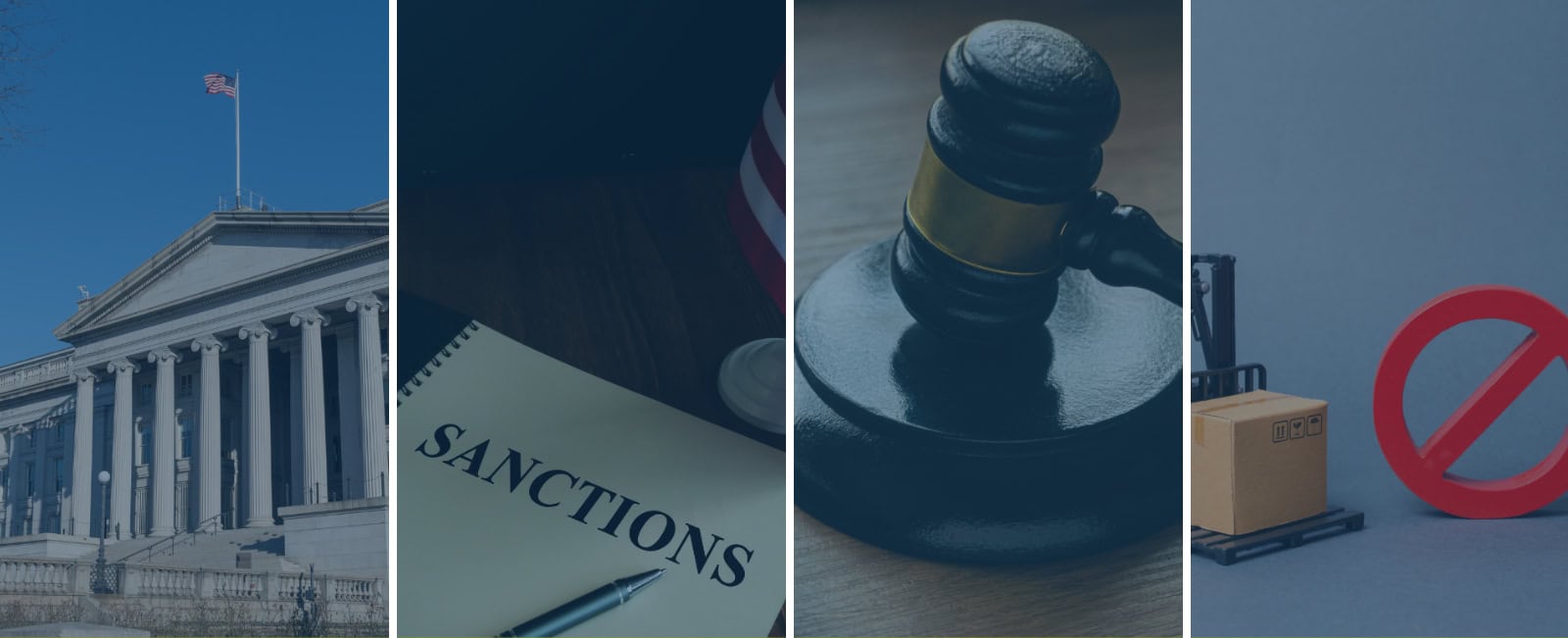US AND EU WTO AIRCRAFT DISPUTE
Background: There is a dispute against the European Union (EU) and certain EU Member States regarding EU subsidies on large civil aircraft. In order to enforce U.S. rights in the World Trade Organization (WTO), The Office of the U.S. Trade Representative (USTR) issued for public comment a supplemental list of products that could potentially be subject to additional duties.
The supplement list adds 89 tariff subheadings with an approximate trade value of $4 billion to the initial list published on April 2019, which included tariff subheadings with an approximate trade value of $21 billion. The USTR is adding to the initial list with the supplemental list in response to public comments and additional analysis.
IMPORT OF CERTAIN STEEL WHEELS FROM CHINA
In 2017, U.S. imports of certain steel wheels, 12 to 16.5 inches in diameter, from China were valued at an estimated $73.8 million.
U.S. Department of Commerce (DOC) announced affirmative final determinations in the anti-dumping duty (AD) and countervailing duty (CVD) investigations of imports of certain steel wheels 12 to 16.5 inches in diameter from China, finding that exporters from China had sold these wheels at less than fair value in the United States at rates of 38.27 to 44.35 percent. In addition, Commerce determined that exporters from China received countervailable subsidies at rates from 386.45 to 388.31 percent.
The U.S. International Trade Commission (ITC) is currently scheduled to make its final injury determinations on or about August 15, 2019. If the ITC makes affirmative final injury determinations, Commerce will issue AD and CVD orders.
US AND INDIA WTO DISPUTE
Issue: United States claims that the additional duties that India imposed through a series of notifications issued between June 2018 and June 2019 are inconsistent with provisions of the WTO’s General Agreement on Tariffs and Trade (GATT 1994) by unfairly discriminating against U.S. imports vis-à-vis those from other WTO members and by according less favorable treatment to U.S. goods than that provided for in India’s schedule of concessions.
Remedy: The United States has requested World Trade Organization (WTO) dispute consultations. The request for consultations formally initiates a dispute in the WTO. Consultations give the parties an opportunity to discuss the matter and to find a satisfactory solution without proceeding further with litigation. After 60 days, if consultations have failed to resolve the dispute, the complainant may request adjudication by a panel.
TARIFF CLASSIFICATION OF BICYCLE CHILD CARRIERS [KENT INTERNATIONAL, INC. V. UNITED STATES]
Facts:
The merchandise at issue is Plaintiff’s WeeRide Carrier the sole purpose of the WeeRide Carrier is to allow a child to ride on an adult’s bicycle, situated between the adult seat and the front handlebars. The WeeRide Carrier attaches to a bicycle via a supporting bar, which is attached to the handlebar and seat post of an adult bicycle.
Customs classified the subject merchandise as “Parts and accessories of vehicles of heading 8711 to 8713: . . . Other: . . . Other” under HTSUS subheading 8714.99.80, at a 10% duty rate.
Plaintiff claims that the subject merchandise is properly classified as “Seats (other than those of heading 9402), whether or not convertible into beds, and parts thereof: … Other seats: Of rubber or plastics: … Other” under HTSUS subheading 9401.80.40, at a 0% duty rate.
The dispute before the court is whether Kent’s WeeRide Carrier is properly classified under HTSUS heading 8714 as an accessory to a bicycle or heading 9401 as a seat.
Analysis: Classification disputes under the HTSUS are resolved by reference to the General Rules of Interpretation (“GRIs”) and the Additional U.S. Rules of Interpretation. See Carl Zeiss, 195 F.3d at 1379. The GRIs are applied in numerical order. Interpretation of the HTSUS begins with the language of the tariff headings, subheadings, their section and chapter notes, and may also be aided by the Explanatory Notes (“ENs”) published by the World Customs Organization. Under GRI 1, classification is determined by “the terms of the headings and any relevant section or chapter notes. The court may also refer to ENs “accompanying a tariff subheading, which – although not controlling – provide interpretive guidance The subheadings are eo nomine provisions meaning they describe an article by a specific name, not by use. An eo nomine provision covers all forms of the named article absent limiting language or contrary legislative intent. In Defendant’s view, because Note 1(h) excludes articles of heading 8714, and the subject merchandise is classifiable under that heading, it therefore cannot be classified under heading 9401
Conclusion: The court here is faced with competing provisions where one heading has a note excluding merchandise classifiable in the competing heading. Accordingly, because the WeeRide Carrier is classifiable under heading 8714, the court determines that Note 1(h) excludes the subject merchandise from being classified under heading 9401. Customs properly classified the WeeRide Carrier under HTSUS subheading 8714.99.80.
SECTION 301 TARIFF INVESTIGATION ON FRANCE’S PROPOSED DIGITAL TAX SERVICE
The French digital services tax legislation would impose a 3% tax on total annual revenues generated by some companies from providing certain digital services to, or aimed at, French users. The tax would apply only to companies with total annual revenues from the covered services of at least €750 million globally and €25 million in France.
According to the USTR release, the digital services covered by the French tax are ones where U.S. firms are global leaders. The USTR also stated that the structure of the proposed new tax as well as statements by officials suggest that France is unfairly targeting the tax at certain U.S.-based technology companies
Section 301 and related provisions of the Trade Act of 1974, give the USTR broad authority to investigate and respond to a foreign country’s unfair trade practices and therefore it has initiated an investigation under Section 301 of the Trade Act of the digital services tax in France.
STEEL PROPANE CYLINDERS FROM CHINA AND THAILAND INJURE U.S. INDUSTRY
The United States International Trade Commission (USITC) determined that a U.S. industry is materially injured by reason of imports of steel propane cylinders from China and Thailand that the U.S. Department of Commerce (Commerce) has determined are sold in the United States at less than fair value and subsidized by the government of China.
As a result of the USITC’s affirmative determinations, Commerce will issue anti-dumping and countervailing duty orders on imports of this product from China and anti-dumping duty orders on such imports from Thailand.
STEEL RACKS IMPORTED FROM CHINA
The U.S. Commerce Department announced its affirmative final determinations in the anti-dumping duty (AD) and countervailing duty (CVD) investigations of imports of steel racks and related parts from China.
It was concluded that exporters from China have sold steel racks and parts at less than fair value in the United States at rates from 18.06% to 144.5% and that exporters from China received countervailable subsidies at rates from 1.5% to 102.23%.
The U.S. International Trade Commission (ITC) is currently scheduled to make its final injury determinations on or about September 3, 2019. If the ITC makes affirmative final injury determinations, Commerce will issue AD and CVD orders.


